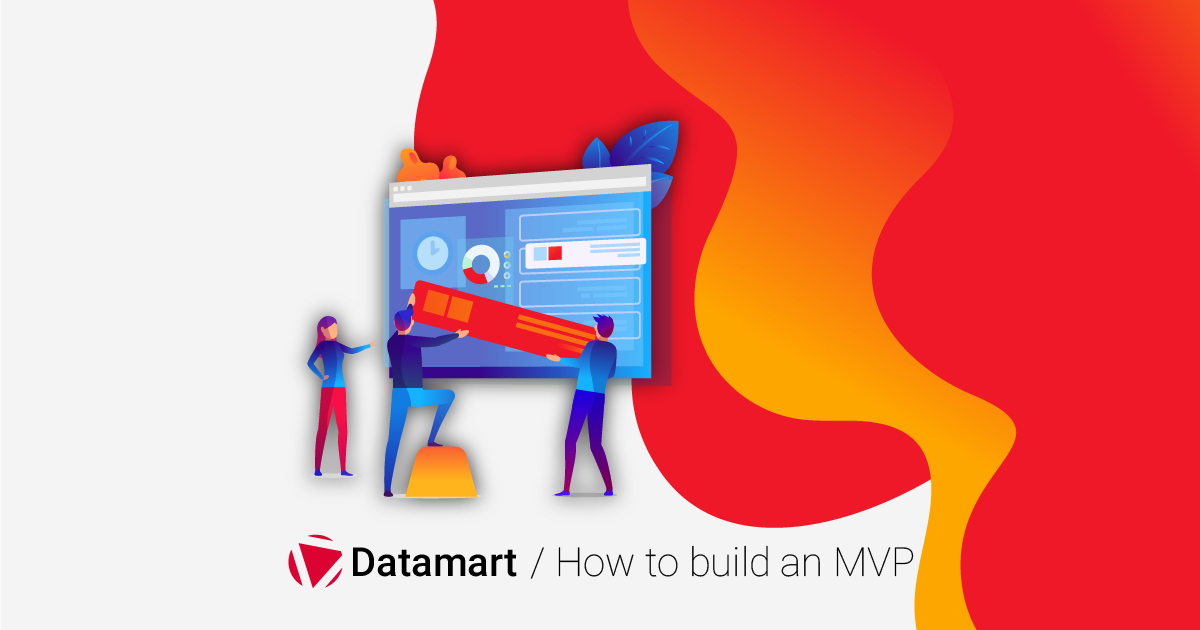MVP
7 Easy Steps to Design and Build an MVP
The primary benefit of an MVP is understanding about your customers’ interest.
- Read time
- 1 min read
- Word count
- 382 words
- Date
- Apr 10, 2020

🌟 Non-members read here
In today’s world many companies realize the sooner the market sees your product, the more benefits you can gain.
This is what an MVP resolves.
A minimum viable product (MVP) is a product with just enough features to satisfy early customers, and to provide feedback for future product development.
The primary benefit of an MVP is you can gain understanding about your customers’ interest in your product without fully developing the product.
Consider you followed directions “How to prepare for new product development.” Now you are ready to build an MVP.
We will follow the Agile iterative model. Remember, Agile does not have important or unimportant iterations. Try to distribute all the work evenly, in order to maximize the resources and velocity of your team.
- User stories. Describe features as user stories.
- Screens and user flow. Define each screen of your product. MVP does not require to contain many screens, choose most important. Take the wireframe as a basis.
- Prepare a design. While the wireframe describes the interaction, the design should describe a look and feel for each module, component, interaction. At this stage the design does not need to define all possible use cases. It should be just sufficient to represent an MVP. It will be later used as a roadmap for future modules development.
- Define iterations. Break down the development into small chunks — iterations. The optimal iteration time is 1–2 weeks. Each iteration should define a complete function. So that at the end of each iteration you have a completed part of the product.
- Product architecture. Choosing a technology stack, preparing a base framework architecture is a very important part of software development. Use your first iteration for it.
- Iterations planning. Devote time for iterations planning. An iteration planning meeting is called at the beginning of each iteration. Your team will estimate tasks and will help to select user stories up to the team’s velocity.
- Be prepared. Expect an MVP development to be done within 12–16 weeks.
The advantages of MVP is that it shortens the learning cycle in order to create the best version of the product as quickly as possible.
Please note that MVP is an approach that allows you to learn a lot about your users with a working product, without wasting valuable time and money.